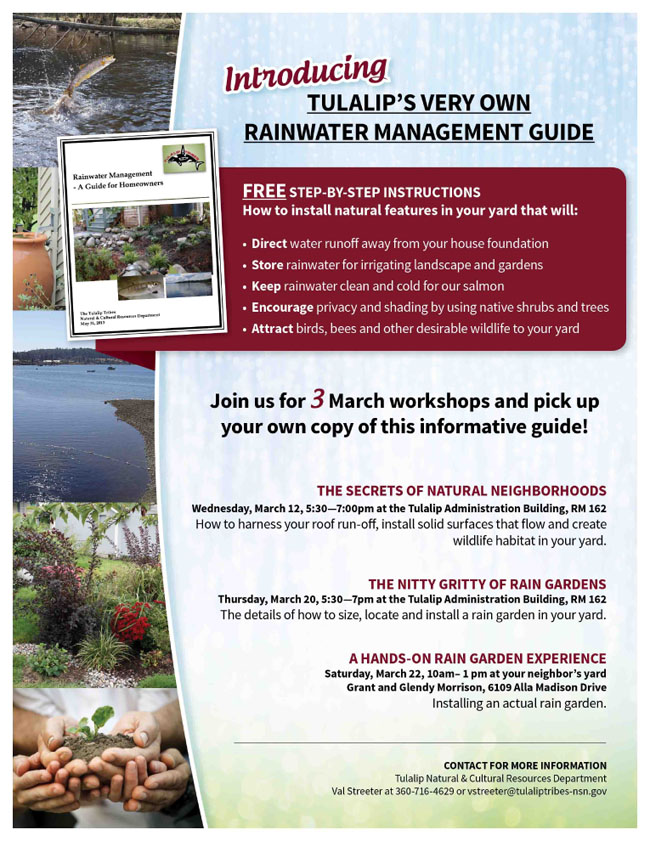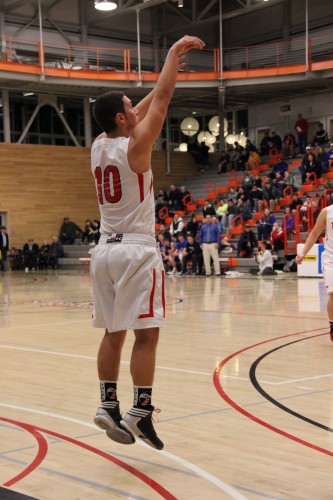Article by Andrew Gobin, Tulalip News
Olympia – Senate House Bill 2080, introduced to the Washington State Legislature after session in 2013, was passed this year by the House on February 13th and the Senate February 5th, which coincides with the 40th annum of the Boldt Decision which settled the Fish Wars. The bill allows tribal fishermen arrested while exercising their treaty fishing rights and convicted prior to January 1st, 1975, to apply to the sentencing court to vacate their convictions including misdemeanors, gross misdemeanors, and felonies. With this bill, the legislature acknowledges that no crimes were ever committed in these cases, making these convictions void.
Rep. David Sawyer, (D), whose district includes the Nisqually and Puyallup reservations, introduced SHB 2080 after session in 2013. That move gave legislators time to read the bill and engage with it, allowing it to move rather quickly through the House and Senate.
“It is an excellent bill, it writes a wrong for so many,” said Sen. John McCoy, (D). He was one of the point people for the bill as it moved through the Senate.
The language of the bill is just as important as the bill itself. It is not a pardon. It is a new law allowing Treaty Indian fishermen, who were wrongfully arrested and charged, to clear their name through vacation and expunction. To vacate the conviction means it has been rendered void by the court. To expunge means to remove completely from the record. Those two terms, from a legal stand point, make these convictions as if they never occurred, as opposed to a pardon which acknowledges the crime and validates a conviction, yet forgives the crime and sets sentencing aside.
“A crime was never committed, they [the convictions] should be expunged,” said McCoy, referring to the imposition of state law over Treaty Indian fishing.
During the Fish Wars, the State of Washington filed injunctions to block Treaty Indian fisheries. Treaty Indian fisheries, which stem from treaties made with the United States, preempt state law, meaning the state had no authority over Treaty Indian fishing activities. The momentous Boldt Decision reaffirmed the treaties and the fact that the state had no authority to block Treaty Indian fisheries. In turn, that means the state had no jurisdiction to convict those participating in Treaty Indian fishing under state laws. Senate House Bill 2080 acknowledges that and makes a way for people who never should have been charged and convicted to clear their name.
McCoy noted, “This should have been done a long time ago.”
Through the passing of SHB 2080, the State of Washington realizes the sovereignty of tribes, acknowledging that they had no authority over what happened more than 40 years ago. This sets a precedent for Washington tribes, and for tribes across the nation.
Andrew Gobin is a reporter with the See-Yaht-Sub, a publication of the Tulalip Tribes Communications Department.
Email: agobin@tulaliptribes-nsn.gov
Phone: (360) 716.4188


















